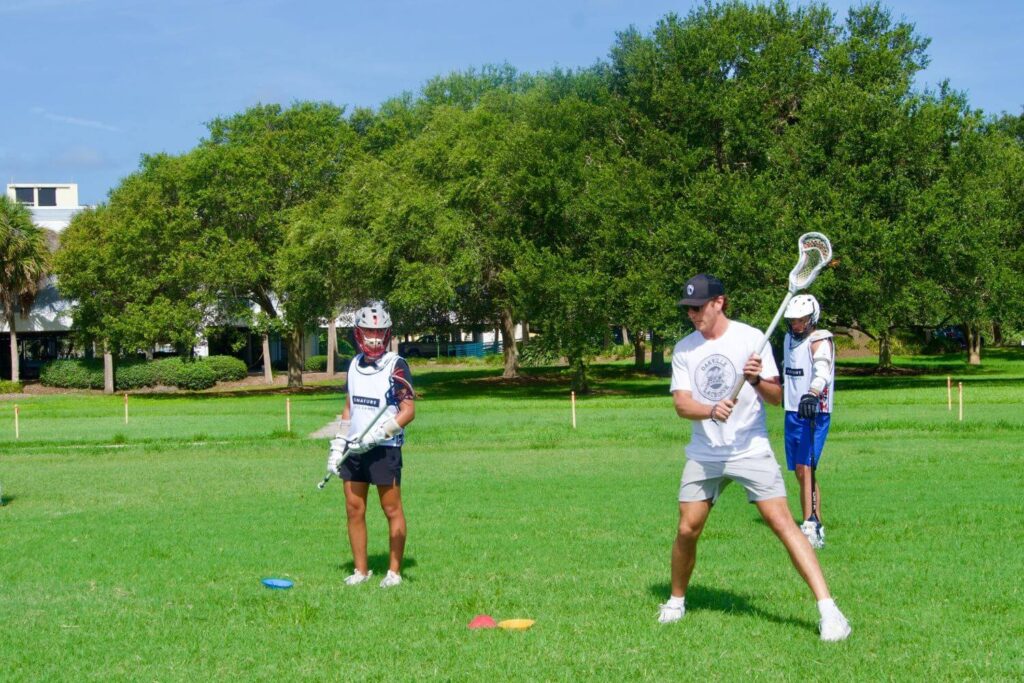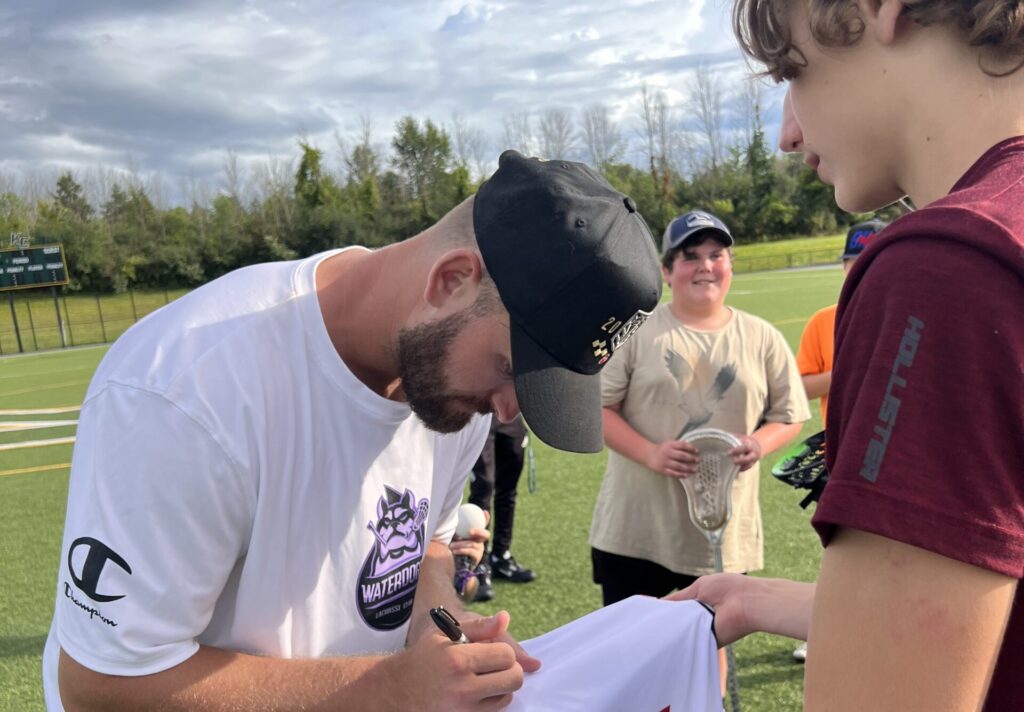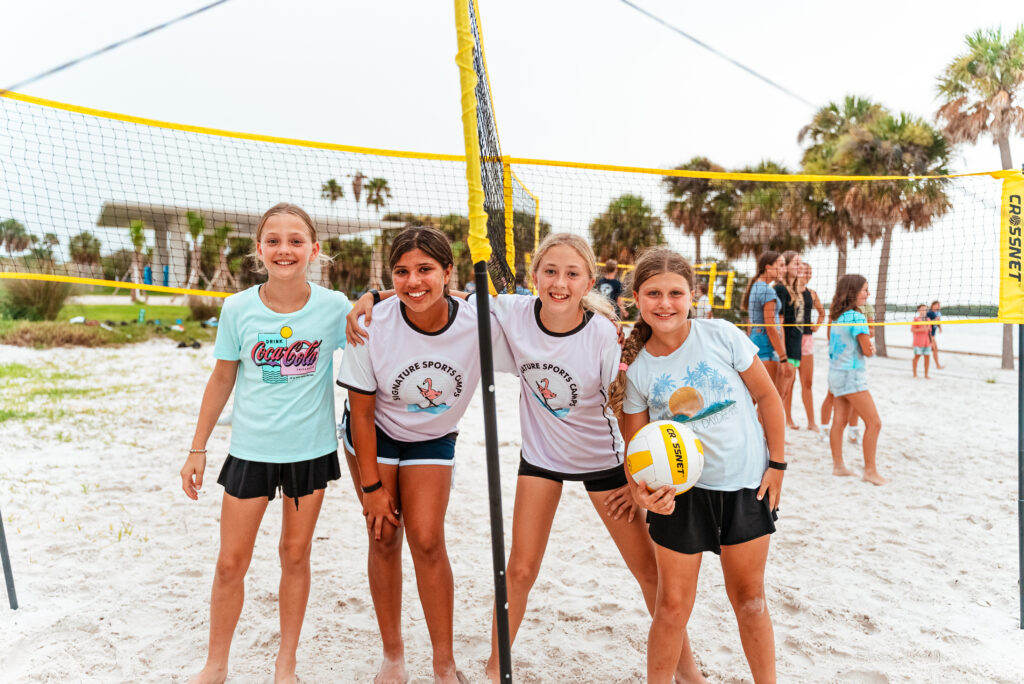It’s common for people to automatically link being “coachable” to sports. This is true, but coachability also goes much farther than just on the field. It’s like having a superpower that sets you apart from others and improves your game. Knowing how to be coachable is an important trait for all people to have, but it can make a huge difference in a young adult’s life if this trait is practiced from a young age.
What Exactly is Coachability?
It’s all about being open to hearing feedback, wanting to learn, and being eager to grow. It can be hard to get constructive feedback and hear someone tell you what you are doing wrong, and many people get defensive as an automatic reaction. It’s natural for high-achievers to attach themselves to their performance, and in that mindset, feedback would challenge their self-worth.
But coachability is a mindset shift – It’s taking the constructive criticism you receive, and instead of getting down on yourself or offended, you use it to your advantage to get even better. Being coachable in youth sports not only makes you a better athlete, but it gives you the reps of taking feedback, implementing it, and coming out better for it… which athletes then use in the classroom or their future careers.
Where Does Coachability Come Into Play?
On the field: As an athlete, being coachable is a trait that allows you to show up for yourself and your team. Picture this: your coach pulls you out of the game, critiques your technique, and offers tips on how to improve. Are you going to listen and make that change to result in better play, or will you stick to what you did before, hoping it works out this time? That is the difference between a good and a great player. Your coaches are there to teach you and help you grow. The only way to improve is to let yourself learn and listen to be a better player and teammate, and this just organically increases your confidence.
Where do kids spend a good chunk of their time? Yep, school. And coachability shows up here, too. Coachability helps kids learn problem-solving skills, improve grades, and learn. There are many ways that “coaching” happens in the classroom. From feedback on a test to navigating a group project, there are always things to learn and adapt to. Knowing how to be coachable in the classroom allows feedback to become a stepping stone to the future: always expanding your knowledge and interests.
Impacts of Coachability on Adulthood
Coachability is a trait that will follow you throughout life, helping you succeed in your future career path. Think about it: there are so many experiences to come where being coachable will make a huge difference. Starting a new job, starting a family, or getting a promotion are all things that require adaptability and a learning mindset to succeed. In the workplace, managers want to know you are going to join the team and continue to grow and learn to make a difference and expand your knowledge, and the same goes for other adult experiences.
There is always something to be learned and feedback to receive. Knowing how to be coachable makes a huge difference not only in youth sports but in the classroom and adulthood. It is a character trait that lasts throughout your whole life, and let’s face it, who doesn’t want to be as successful as they can be? Being coachable is the next step to greatness, both on and off the field. At Signature Sports Camps, we prioritize nurturing this mindset in young athletes. Ready to embrace the power of coachability? Explore our camp locations and learn more about our programs to start your journey toward growth and success.














